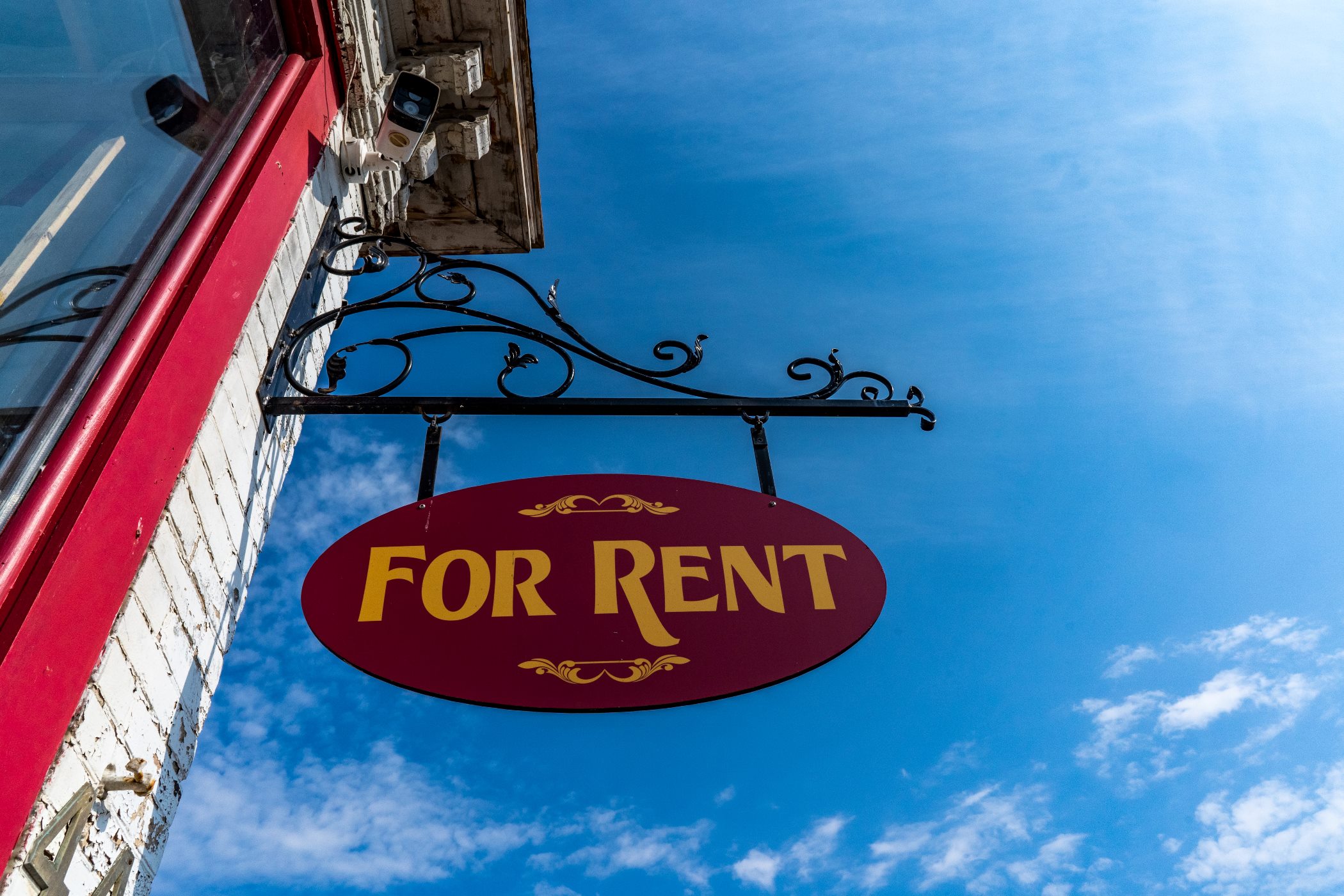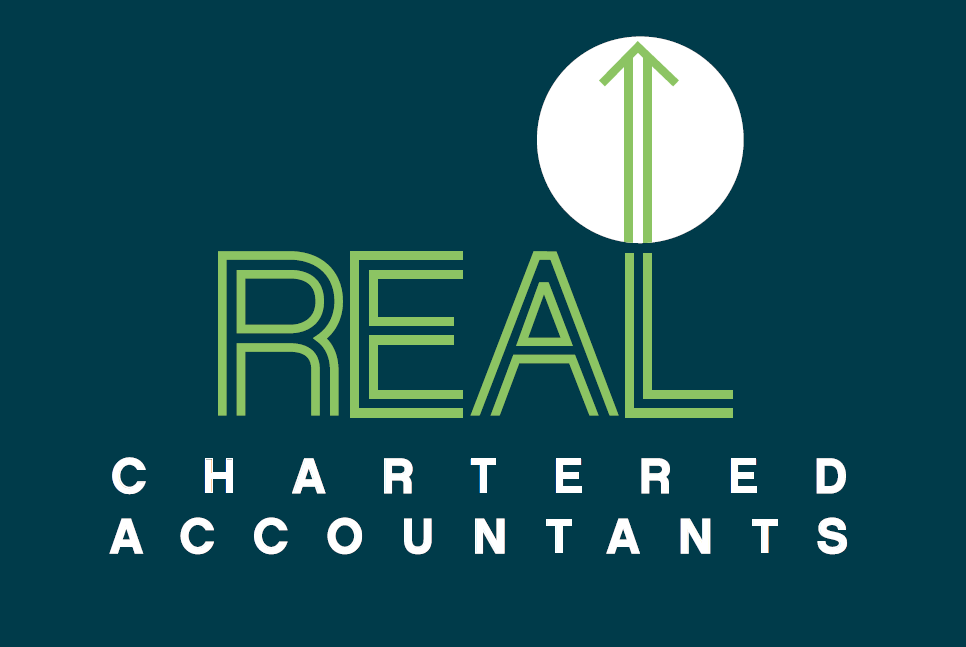NEWS
Tax Obligations When Renting Your Family Home

Are you thinking of renting out your family home during the holidays or did you rent out your family home during the holidays? If so, then ensure you’re aware of your tax obligations, deductible expenses, rental agreements and more key points.
Renting out your main home for up to four consecutive weeks at a time is referred to as short-stay accommodation. This is important as otherwise different rules apply.
When renting out your home for short-stay accommodation there are two methods for calculating your taxable income which are: Short-stay standard-cost method and the Actual Cost method:
Standard Cost Method
If applicable the standard-cost method is simpler. You may use this method if you rent out your home for 100 nights or less in the year, each room counts as one night, so renting out a two-bedroom home for one-night counts as two nights. There are a few more guidelines that must be met to use the standard-cost method, please check the IRD website.
The short-stay standard-cost is a fixed nightly rate you can claim against your rental income. This saves you the trouble of figuring out your allowable rental expenses, but we’ll get to that.
The short-stay standard-cost rates for the 2020-21 income year are:
- $52 per night if you’re the homeowner
- $47 per night if you’re not the homeowner
Here's a working example to explain further:
- Rose rents out her 3-bedroom house for 4 weeks
- She charges $300 per night
- Her total gross income is $8,400
- As the homeowner the standard cost rate for her is $52 per night = 28 days x 3 bedrooms x $52 = $4,368
- Rose now knows that she needs to take away the $4,368 from her gross income of $8,400 which leaves $4,032 taxable income.
Actual Cost Method
The actual cost method on the other hand is a little more complicated but is extremely beneficial if you can’t or don’t want to use the standard-rate method. You may be eligible for the standard-rate but your effective taxable income may be less if the actual cost method is applied.
Under the actual cost method, allowable rental expenses are deductible from your gross rental income. Rental expenses can be:
- Fully deductible from your rental income if you’ve spent them for income-earning use
- Non-deductible if they’re spent on private use
- Apportioned or split for shared rental expenses
You can generally claim the expenses for the time you rented out your house and it was available to rent.
Consumables and fees paid to accountants are both examples of fully deductible expenses. Consumables include things such as toilet paper, cleaning products, tea, coffee, etc.
Insurance and rates are split, if the whole house is being rented out then it’s split using time, let’s say you pay $1,500 of insurance annually and you rented out your house for 1 month, $1,500 / 12 = $125 of deductible expense.
As you can probably tell by now the actual cost method requires a little more effort.
Renting out our home is a great way to get some extra income, it may even pay for your holidays! So, make sure you know your options when calculating your effective taxable income for the best outcome. Any questions feel free to contact your Client Manager or give us a call.
Disclaimer
This information is intended to provide general advice only. We recommend you discuss your specific situation with your Accountant.
Photo by chris robert on Unsplash









